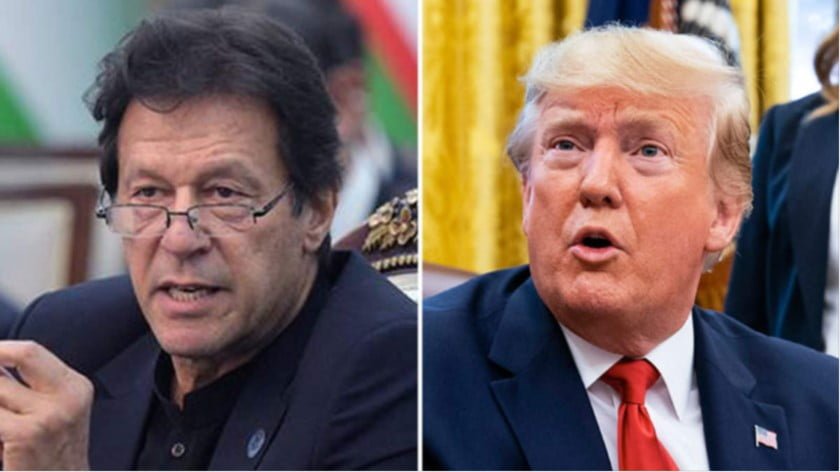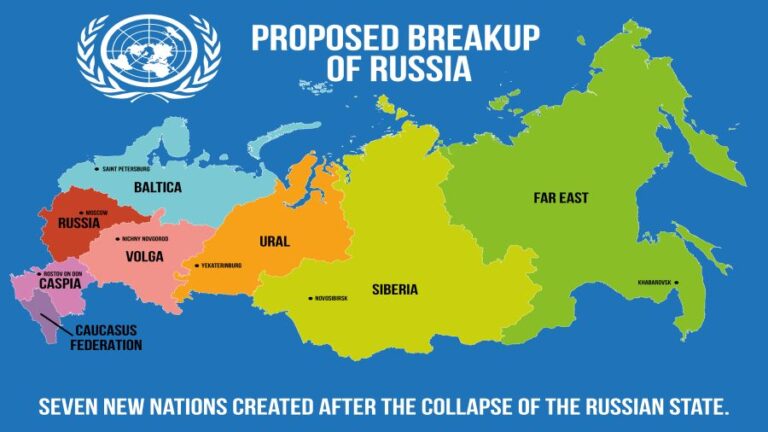Donald Trump And Imran Khan: Two Men Who Must Show Down Their Literally Insane Opposition by Invoking Conservative Values
When Pakistan and the United States were partners, they helped to drive the Soviet Union out of Afghanistan which itself paved the way for the collapse of the USSR itself, the end of communist regimes throughout Europe and in 1992, the fall of the communist regime in Kabul. By contrast, during the 21st century when the US bullied the weakling Musharraf into entering an Afghan conflict against Pakistan’s natural interests, both the Pakistani people and American soldiers in Afghanistan suffered without either side gaining anything in a traditional sense.
As Donald Trump campaigned on ending America’s commitments to far away wars, including the war in Afghanistan, it is incumbent on Iman Khan to illustrate the aforementioned contrast. What’s more is that because Donald Trump is a fully fledged anti-communist, Iman Khan also has a clear obligation to push back against the leftist narrative regarding the nature of US-Pakistan relations in the Zia era – a narrative that since 9/11 has oddly been adopted by many conservatives and centrists in the west.
In the 1980s, many Americans were proud of their country’s role in helping to fight communism in Afghanistan – a fight that would have been impossible to wage, let alone impossible to win without Pakistan. Today, among far too many westerners it is common to forget the aggressive and expansionist tendencies of communist Kabul and it is also common to forget the torture chambers that filled Afghanistan during the post-Saur revolution era.
Because simpletons painted 9/11 as an event in which all of the Islamic world attacked all of the non-Islamic world, latent communists used this opportunity to promote aggressive secularism in the United States, something that many in middle America accepted as a less preferable alternative to Protestantism and Catholicism but a preferable option to the “Islamic takeover” that the neocons imagined might happen if America didn’t invade and destroy multiple Islamic majority countries.
The world now knows the utter fallacy of this leftist argument that after 9/11 was adopted by the neocon right in the west after this narrative was tested and perfected in 1990s Israel under the first premiership of Benjamin Netanyahu. The facts of very recent history show that this anti-Islam approach to fighting terrorism ended up backfiring in a major way.
Today, every once stable Islamic majority country that the US and its allies invaded after 9/11 is a failed state and what’s more is that these failed states are also the homes of Daesh terrorists who pose a very real threat to anything and anyone they can get their hands on.
As Daesh is now filling the power vacuum created by the incompetent and impotent Kabul regime of Ashraf Ghani, it is becoming clear that the Taliban are the only indigenous force in Afghanistan capable of restraining the growth of Daesh. Even former enemies of the Taliban including Iran and Russia now acknowledge this either explicitly or implicitly.
All of this ought to serve as a vindication of a time when Pakistan and the US stood together for practical reasons in the 1980s. The problem with this outline of events is that few in Pakistan are able to articulate it. It is as though the leftist anti-Islamic narrative that perversely became the narrative of the neocon right after 9/11 has infected the chambers of government in Islamabad as much as they have elsewhere.
During his over 20 years in opposition, PTI founder Imran Khan was able to articulate the mistakes of the Musharraf era and also those of the even more ignominious Zardari era which succeeded it. Imran Khan was able to do so from a position of populist centrism which was framed by naturally conservative and wholesome Islamic values.
As someone who has spoken out against communism more than any US leader since Ronald Reagan, Donald Trump would naturally understand the Reaganesque argument for a pragmatic approach to revived Pakistan-US relations. For Pakistan, this could mean economic relief as well as a more transparent working relationship that can once and for all create some semblance of peace in Afghanistan whilst putting the miserable Kabul regime (that even the US scarcely takes seriously anymore) out of its misery.
Under Donald Trump, what has always been true about US relations with the developing world has gone from being hidden to being explicit. The US clearly will never respect any developing nation until or unless it reaches first world economic status (think Singapore, South Korea and China after the Reform and Opening Up of 1978).
That being said, Trump has proved that at a pragmatic level, he can work with certain developing nations to achieve mutually desirable goals as one has just witnessed in respect of Trump’s relationship with Kim Jong-un. Pragmatism is frankly a good way to characterise Pakistan-US relations during the 1980s and this mentality could return against if Imran Khan and Donald Trump end up forming a close personal bond. As Trump enjoys having the upper hand in any negotiating setting, a good relationship with Pakistan could also give the US leverage against its new partner India – a country that every now and then tries to slip back to its Cold War era partnerships much to the consternation of Washington. In this sense, whilst the tide of US friendship with India is irreversible, there is nothing that prohibits a pragmatic Pakistan-US relationship from giving Washington that much more leverage over an occasionally wayward India.
If this is accomplished, Imran Khan would have scored a major foreign policy victory and all it would take is for the Prime Minister to properly contextualise where patriotic Pakistanis and patriotic Americans like Donald Trump share similar values and have shared a history of fighting similar enemies. Pakistan has always been a bulwark against extremism in south Asia whether this be far left extremism such as that of communist Kabul post-1978, far right extremism of the RSS variety and religious extremism such as that which the Kabul backed TTP inflicted on Pakistan.
As such, Pakistan is a valuable regional friend to have. China has long realised this both in the era of its rivalry with the USSR and in today’s era in which China’s market reforms have lifted more people out of poverty than at any previous time in world history. Russia now realises this also and the US ought to realise this once again.
Those who defame Pakistan come from both the left and right, but at its core, the anti-Pakistani narrative, just like the anti-two nation theory narrative before it is essentially derived from unreconstructed far-leftism. As Donald Trump hates leftism, he ought to embrace Pakistan and its affable Prime Minister.
By Adam Garrie
Source: Eurasia Future







